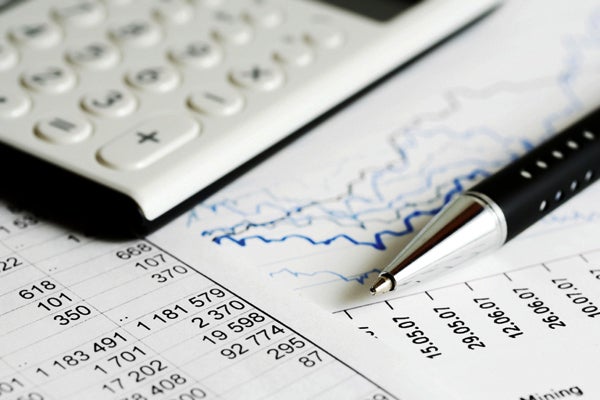Wall Street slumps as most stocks fall; tech leads decliners
Published 11:30 am Thursday, September 17, 2020
|
Getting your Trinity Audio player ready...
|
By STAN CHOE
AP Business Writer
NEW YORK (AP) — U.S. stocks are slumping Thursday morning as Wall Street continues to swirl after the Federal Reserve said it will keep interest rates at nearly zero for years to help nurse the wheezing economy.
The S&P 500 was 1.4% lower in morning trading. It follows up on a volatile day, where the index at first rose following the Fed’s announcement before giving out in the last hour of trading to drop to its first loss in four days.
The Dow Jones Industrial Average fell 313 points, or 1.1%, to 27,719, as of 9:42 a.m. Eastern time, and the Nasdaq composite was down 1.9%. The selling was widespread, and roughly 95% of the stocks in the S&P 500 were lower.
Low interest rates are usually a boon for investors, sending stocks soaring, and analysts gave varying possible reasons for the market’s weakness. Among them: the gloomy outlook Fed Chair Jerome Powell gave for the economy’s prospects and built-up expectations in some corners that the Fed would be even more generous with its stimulus. This also isn’t the first hangover stocks have had following a rate announcement by the Fed.
Markets “hoped for the Fed to put policy money where the mouth is” but “ended up a tad disappointed,” Mizuho Bank said in a report. The Fed was “long on talk and short on action.”
Also Thursday, the Japanese and British central banks left their interest rates unchanged and gave no sign of more imminent stimulus.
Another possibility for the weakness is the diminishing odds that Congress will deliver more aid for the economy anytime soon after benefits for unemployed workers and other stimulus expired recently. Investors say such aid is crucial for the recovery, and Powell talked about the importance of it in a press conference Wednesday.
A report on Thursday showed that another 860,000 workers applied for unemployment benefits last week. But partisan disagreements on Capitol Hill have held up any renewal of Congressional support.
“Fundamentally, the economy is still moving in the right direction, but the risk of potentially jeopardizing the recovery from reduced fiscal support is becoming uncomfortably high,” Piper Sandler strategist Craig Johnson wrote in a report.
Economists say the impact of Congress’ inaction may already be showing in the data. Retail sales growth weakened last month, for example, as unemployed workers were no longer getting $600 in extra weekly benefits from the federal government. President Donald Trump issued an executive order in early August to provide a scaled-back version of the benefits, but that program is expiring.
The number of workers applying for jobless benefits has been coming down slowly, but it remains incredibly high compared with history.
Big Tech stocks were again at the center of Wall Street’s selling. After flying through the pandemic on expectations that their strong growth will only continue, Apple and other superstar stocks suddenly lost momentum earlier this month amid worries they had become too expensive.
Apple fell 2.1%, Amazon sank 2.4% and Microsoft lost 1.5%.
Treasury yields fell in a sign of increased caution in the market. The yield on the 10-year Treasury fell to 0.66% from 0.69% late Wednesday.
Stocks in markets around the world were also weak.
In Europe, the German DAX lost 0.9%, and the French CAC 40 fell 1$. The FTSE 100 in London sank 0.4%.
In Asia, Japan’s Nikkei 225 fell 0.7%, South Korea’s Kospi dropped 1.2% and Hong Kong’s Hang Seng lost 1.6%. Stocks in Shanghai slipped 0.4%




